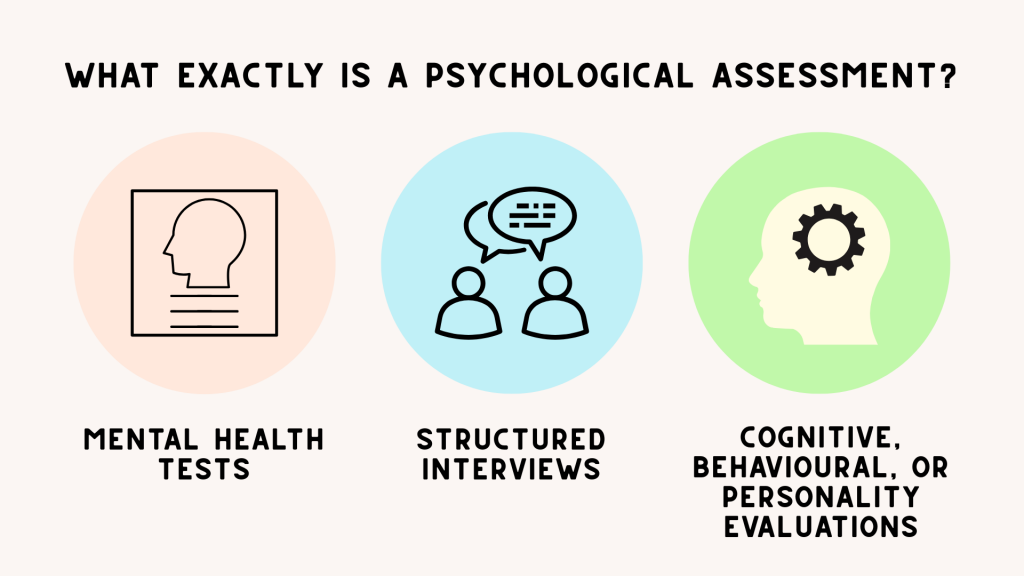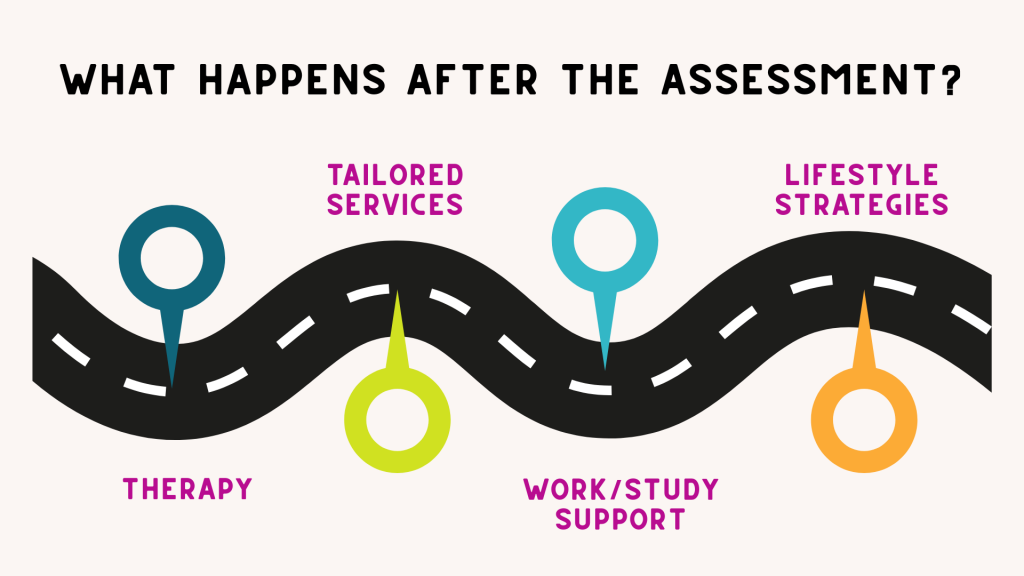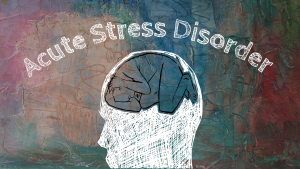13-9, 2 Rio Tower, Persiaran Rio, Bandar Puteri, 47100 Puchong, Selangor, Malaysia.

Why Is Psychological Assessment Important? Your First Step Toward Better Mental Health
- On
- InUncategorized
Feeling overwhelmed or emotionally drained can be unsettling—especially when you can’t pinpoint the cause. It might be everyday stress from work or university, but it could also signal issues such as anxiety, depression, burnout, ADHD, PTSD or obsessive–compulsive patterns, which a professional assessment can help screen for and determine whether further diagnostic evaluation is needed.
A psychological assessment breaks that uncertainty. Through structured interviews and mental-health tests, it helps clarify what may be happening and offers a professional understanding to guide you toward the right support.. In the sections ahead, you’ll see how the process works, what it can reveal, and how its insights guide personalised care—whether you’re a student, an employee, or a parent balancing heavy responsibilities.
What Exactly Is a Psychological Assessment?
A psychological assessment is a structured, professional way to understand how you think, feel, and behave. Rather than relying on assumptions, a mental-health professional uses several tools, such as:
- Mental health tests like anxiety or depression screeners (e.g. GAD-7, DASS-21)
- Structured interviews to discuss your history and current concerns
- Cognitive, behavioural, or personality evaluations to reveal how your mind processes information

The process is non-judgmental, confidential and tailored to each person. It helps you and your clinician gain an accurate picture of your mental and emotional well-being, creating a clear starting point for next steps. Once you know what an assessment involves, it’s easier to see why taking this step can be so valuable.
Why Is Psychological Assessment Important?
A thorough assessment offers more than a label—it provides insight and direction:
- Clarity and accuracy. It identifies emotional, behavioural and cognitive patterns, reducing guesswork and supporting a more accurate diagnosis when appropriate.
- Personalised treatment. With a clear picture, mental-health professionals can create a plan suited to your unique needs.
- Empowerment. Understanding what’s really happening helps you take informed steps for your well-being.
- Early intervention. Detecting issues early allows for timely mental health services and prevents problems from escalating.
- Confidence for the future. Whether you’re a student managing academic pressure, an employee coping with work demands, or a parent juggling family duties, knowing the source of your struggles can be life-changing.
The Link Between Mental Health Tests and Formal Assessment
Online screeners or a quick mental health test can be a helpful first step.
They can highlight signs of anxiety, depression, burnout or other concerns and give you the confidence to reach out for help.
But these self-tests are only a starting point. A full psychological assessment by a licensed professional goes further: it explores your history, evaluates multiple areas of functioning and weaves the results into a complete, personalised understanding.
Think of a self-test as a snapshot; a professional assessment is the full album—giving you the context and detail you need to move forward.
Who Should Consider Getting a Psychological Assessment?
You might benefit from an assessment if you:
- Experience ongoing stress, anxiety or frequent mood swings
- Struggle to concentrate or manage emotions at work or in school
- Feel burned out or emotionally “stuck” despite trying to cope
- Are a parent worried about a child’s behaviour or learning challenges
- Want clearer self-understanding to improve work–life balance or relationships
Seeking help is not a weakness; it’s a sign of strength.
University students, employees and full-time caregivers often discover that an assessment provides clarity and direction for positive change.
What Happens After the Assessment?
The insights you gain are more than numbers on a report—they form a practical roadmap for change.
Based on your results, a mental-health professional may recommend:
- Targeted therapy or counselling to address specific concerns
- Tailored mental-health services, such as stress-management or coping-skills programmes
- Educational or workplace accommodations that make study or work more manageable
- Lifestyle strategies and resources to maintain emotional wellness day to day

These next steps turn an assessment into a springboard for growth, helping you make decisions and build habits that support long-term mental health.
The Bigger Picture: Building a Culture of Mental Wellness
Since the pandemic, awareness of mental health has grown worldwide. Digital platforms, universities and employers now encourage early assessments as part of preventive care.
By choosing to explore why psychological assessment is essential, you help build a culture where mental well-being is valued as highly as physical health. You are not alone—every day, more people are taking proactive steps to understand their minds and seek help early.

Where to Begin: Skybi Can Help You Take the First Step
Now that you understand the value of a psychological assessment, you can take charge of your mental well-being. Skybi offers professional, confidential psychological evaluations to help you explore your concerns and decide on next steps.
- 🔗 Explore how psychological assessments at Skybi can guide your path to clarity and healing
- 📲 Prefer to chat first? Message Skybi on WhatsApp, and our team will help you decide the right next step.
Taking this first step is an act of self-care and courage. With the right guidance and support, you can move from uncertainty to clarity and start building a healthier, more balanced future.
Written by Ng, Kai Lin on 21 September 2025.







